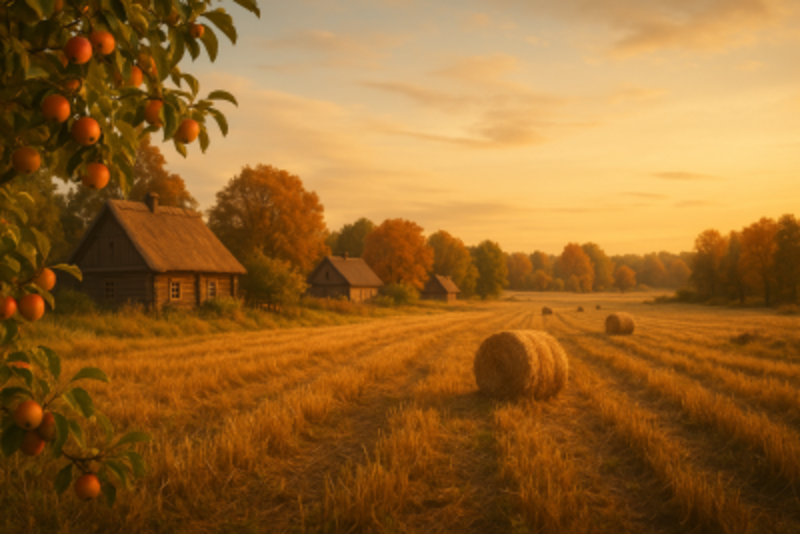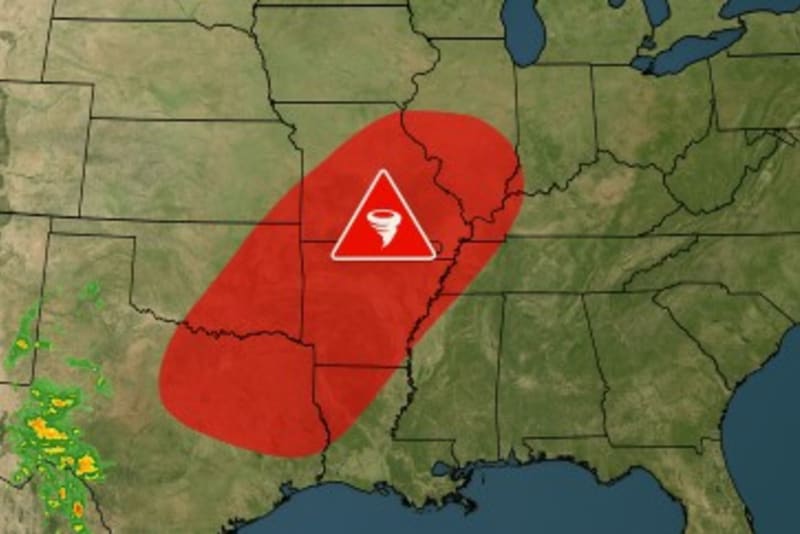Moscow — September 7, 2025
As autumn approaches, September 7 has long carried special meaning in folk tradition, marked by signs, rituals, and cultural practices passed down through generations.
This date, often tied to agricultural life, was believed to be a turning point in the seasonal cycle. Farmers looked to the sky, the behavior of animals, and the condition of crops to forecast the coming weeks.
“Our ancestors treated September 7 as a day of observation,” explained folklorist Elena Petrova. “It wasn’t just about superstition—it was about reading nature and living in harmony with it.”
Traditions of the Day
On this day, households typically focused on preparing for the long autumn ahead. It was considered favorable to finish harvesting apples, grains, and root vegetables. Sharing food with neighbors or the less fortunate was seen as a blessing for the household.
Families also gathered for modest feasts, often baking bread and offering thanks for the harvest. A special emphasis was placed on keeping peace at home, as conflicts were believed to bring misfortune for the season.
What Should Be Avoided
Folk wisdom also carried warnings. Lending money or valuable items on September 7 was said to lead to financial loss. Quarreling or speaking harshly could “lock in” negativity for the entire autumn. Neglecting farm animals or daily household chores was also frowned upon, as it was thought to disrupt natural balance.
Signs and Superstitions
A flock of birds flying south on September 7 signaled an early and cold winter.
Clear skies promised good weather for harvesting.
If rain fell on this day, it was believed the grain harvest would be rich but drying hay would be difficult.
“Even today, some rural communities in Russia still pay attention to these signs,” noted cultural historian Ivan Kravtsov. “It’s less about strict belief and more about preserving heritage.”
Conclusion / What’s Next
Though modern life has moved far beyond agricultural rhythms, the traditions of September 7 remain a reminder of how closely past generations lived with the cycles of nature. Today, these customs are celebrated as part of cultural heritage, teaching lessons of respect, gratitude, and community.







Comments
No comments yet. Be the first to comment!